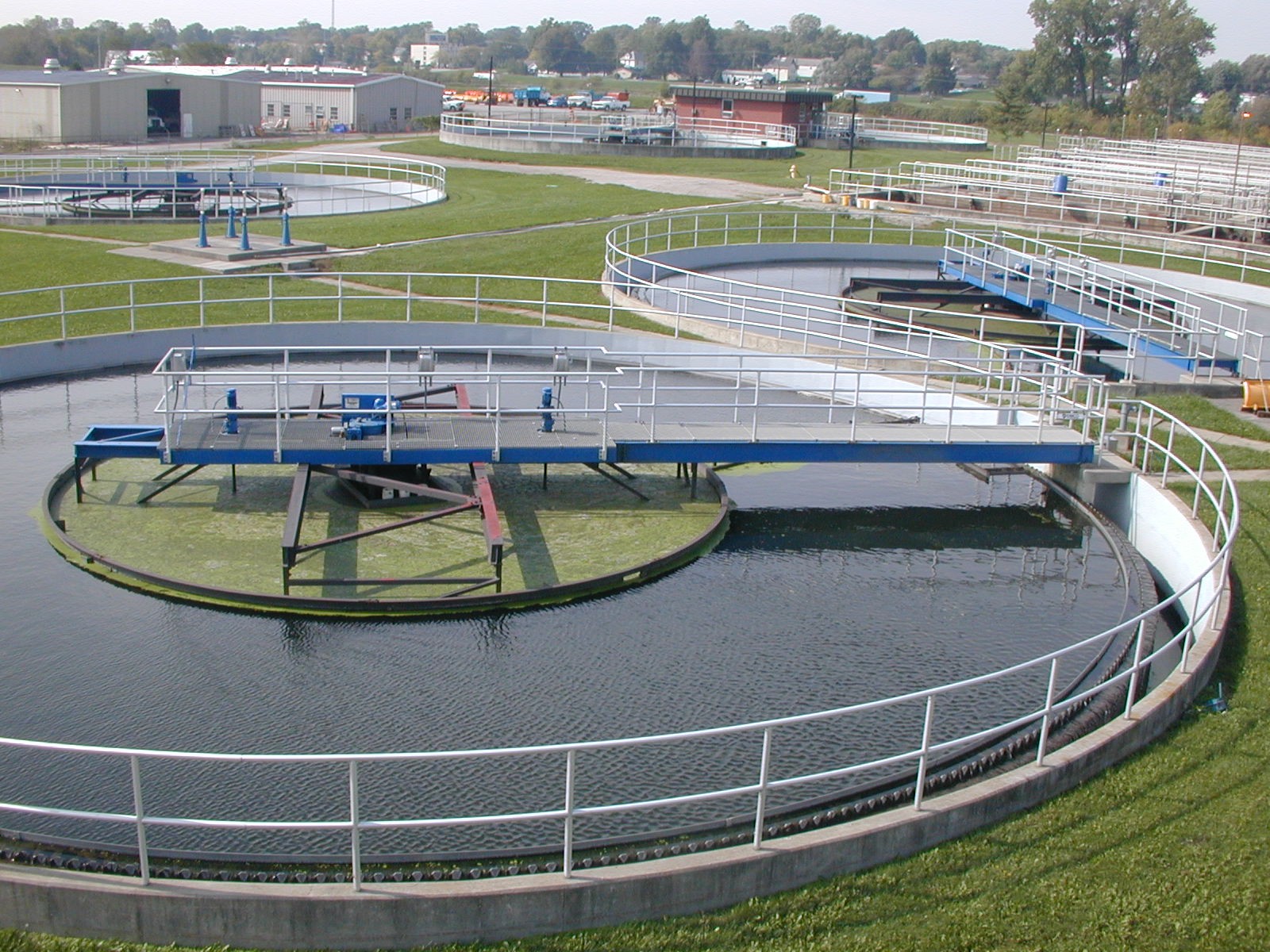Starting July 1st, many Maine homeowners can expect to see a rise in their sewer bill due to a price increase in sludge disposal.
The rise in cost of sludge disposal hints at the underlying crisis Maine is experiencing with sludge, a semisolid byproduct of wastewater treatment plants.
Since March, 30 of Maine’s wastewater treatment plants served by Casella Waste Systems were forced to pay higher fees to transport their waste to landfills in New Brunswick rather than the state-owned landfill north of Old Town.
According to the Portland Press Herald, Casella, the company responsible for the operations of the landfill near Old Town, had to cut the amount of sludge accepted there by more than half. The cut is due to a lack of bulky waste materials, which is needed to stabilize sludge for safe storage.
Bulky waste materials, however, are harder to come by. A law that went into effect in February has banned the importation of out of state bulky waste and construction debris. The law was passed to close a loophole that allowed other states to dump their waste at the Old Town landfill, which many worried would contaminate the surrounding area.
Maine has also recently banned the land application of sludge, which had long been used as a fertilizer on farmlands before the health risks of this practice were realized. Now, sewage plants no longer have many options in the disposal of the sludge their facilities produce.
Casella is now charging a per-ton fee to transport the sludge to New Brunswick, a fee that is being passed on to rate payers. Ratepayers could see anywhere from a 4 to 30 percent increase in their bills depending on their location.
Higher rate hikes are likely to occur in the future.






